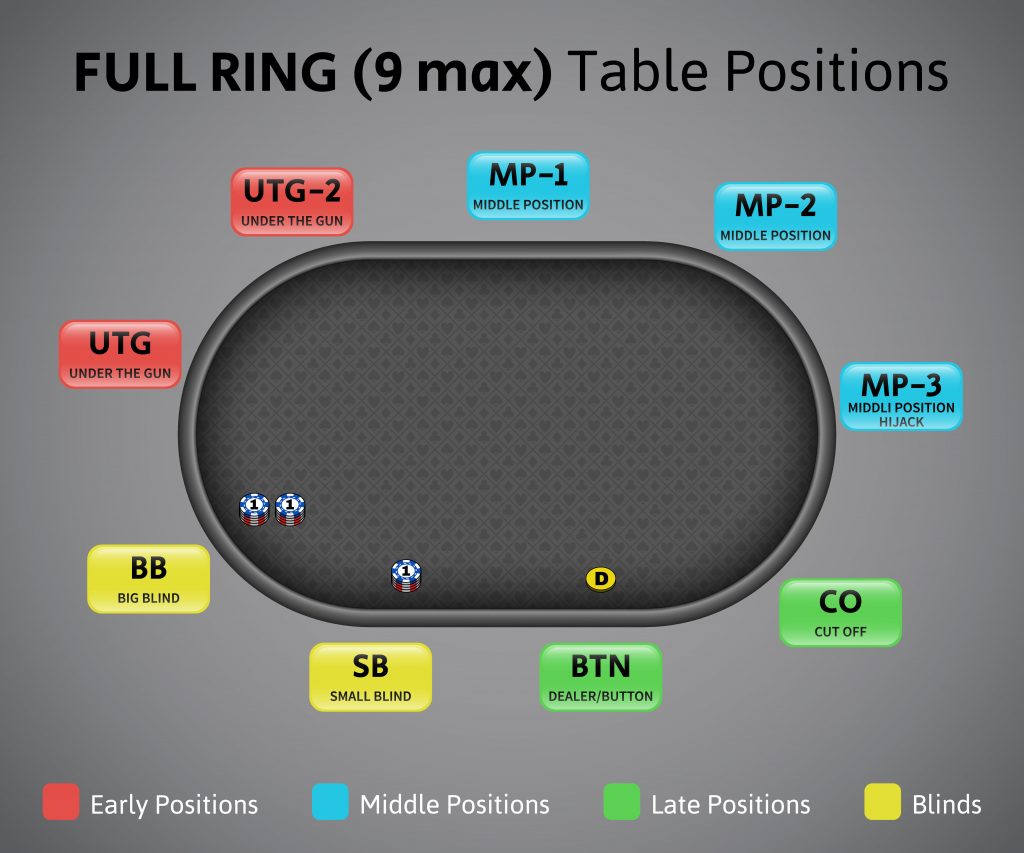For those familiar with playing online poker games, here’s an online poker game strategy on floating the flop to outsmart your opponents from unlikely positions at the poker table.
As someone looking at a game of poker from the outside, your first impression tends to be a comment aimed towards the complications of the game. You often wonder whether you have what it takes to ascend to the top and make your time count. Meanwhile, there could also be those who assume poker to be a game of chance. It is such players who are in for a surprise when they attempt their very first competitive online poker game because it quickly dawns on them that you need serious skill and experience to master this game of cards. At the amateur level (at the practice tables), you can still survive using minimal calculations and playing poker in the way you know.
However, as the stakes rise, you start competing against a more skilled opposition, and that is where you need to start engaging in complicated warfare across the poker table. Every time that you face a challenging situation, you can’t simply rely on defensive poker moves. Folding at the start of your poker journey is one thing, but doing so repeatedly once you start playing at advanced levels may not hold good for you. You need to develop a poker strategy that combats tough situations because you won’t be dealt with perfect cards every day. This is where we introduce the approach of ‘floating the flop’ so that you can bounce back when you have your back against the wall and potentially win the game. That being said, let us take a look at how you can go about with this tricky poker strategy to stay in the hunt at all times.
What Does it Mean to Float in Poker?

Floating is an advanced poker game strategy using which you can stay ahead of your opponents even when you are actually lagging. In that context, it works as a semi-bluff because you are willingly staying in the hand even though your hands don’t support your decision. The poker term ‘float’ means to call regardless of the value your hand holds with the intention of misleading your opponent’s approach towards you in the later rounds. Floating is a valuable aspect of the game and is a powerful weapon in the hands of aggressive players. It can place you at a profitable position if played properly, and it isn’t as costly as a bluff-raise since it works as a bluff-call instead.
When Should You Float?
For the most part, you must be heads-up on the flop if you wish to go for the float option. In multiway pots, this won’t be considered as a float anymore because the chances are that someone at the table would have gotten well with the flop, and that is a bad sign for you. In terms of poker tactics for tournaments, you must have a fair idea of how many chips the pot holds and the implied odds. You should go after medium and big stacks. Floating against short-sized stacks won’t work since the pot reaches a large size when the turn arrives, and your opponents won’t just go all-in.
Which Flop is Ideal to Float?
The ideal time to float would be when someone raises at an early position, and the flop turns out as 2-3-5 with two cards from the same suit. The moment they bet out with two high cards, you can guarantee that you are going to be ahead. Similarly, a bad time to float would be if the board turns out as A-J-4, and your opponent bets out because you won’t have a clear idea as to where you are in the game.
Should You Be Floating Frequently?
This should be rare practice because while floating the flop can be an excellent poker game strategy, it can also be dangerous if you are up against someone who won’t fold. Remember, floating could lead to the pot gaining massive size in a short time. You might have to call a raise in the pre-flop round and then bet two-thirds of the pot in the flop round. If your opponents come after you during the turn, you might not be able to make them fold to your raise due to a lack of chips.
In Conclusion
If you are a novice poker player, then stick to poker moves that keep things as basic and simple as possible. After all, your aim is to understand the concept of poker and get habituated to the many nuances involved in online poker games. Naturally, how you approach the game also has a lot to do with the stakes at which you play for and how serious you are about your outings.
However, if you wish to play poker for a longer period of time, raise the stakes gradually and grow as a serious contender, then employing this poker strategy of floating the flop is something you’ll need to start practicing with time.




